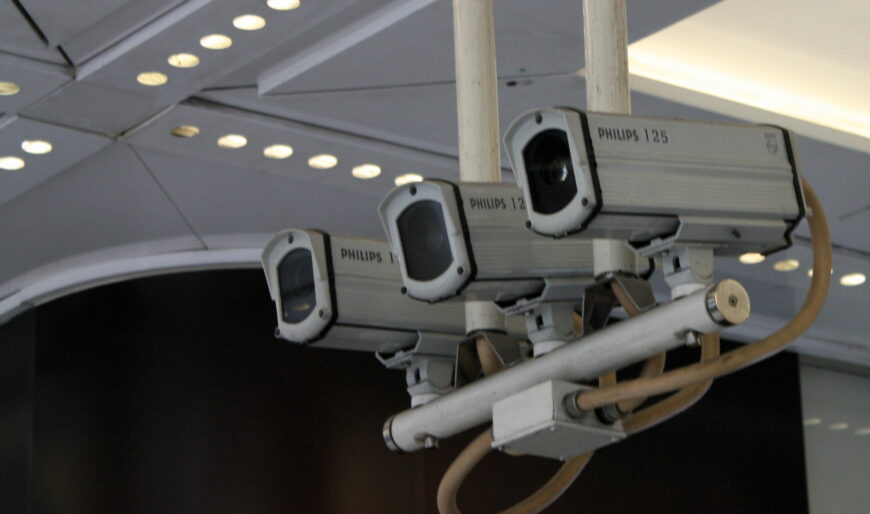Watching me, watching you: Worker surveillance in the UK after the pandemic
Worker surveillance is as old as work itself, but new technology is making it easier and cheaper than ever

Worker surveillance practices have increasingly become the new normal, the Institute for Public Policy Research (IPPR) has warned. The rise in remote work has led to an escalation in workplace monitoring, according to a new report by the think tank.
According to the IPPR, in the private sector women are at higher risk of worker surveillance, with non-unionised women 52% more likely to face surveillance. Black workers are also 52% more likely to face surveillance.
Data suggests that workplace surveillance practices have hugely expanded during the pandemic and are here to stay – though there are prominent data gaps around who, and to what extent, people are affected.
Unaddressed, the spread of these practices could leave workers permanently worse off, with the most adverse outcomes likely to impact those with the least power in the labour market.
In this report, we make policy recommendations that would help redress the balance of power between workers and employers. They would ensure that when surveillance is happening it is fair and proportionate as the law intends, respecting worker’s fundamental rights.
Henry Parkes, senior economist at IPPR and the report’s author, said:
“Young people, women and black workers are likely to be disproportionately affected negatively by worker surveillance and as it stands, the law is not keeping up with reality. This could have disastrous consequences for the mental and physical wellbeing of the workforce. The government must urgently review what is acceptable.”
IPPR recommends the UK government should consider outlawing practices such as keystroke monitoring, and employers should share data collected with employees.
The report can be read here.







